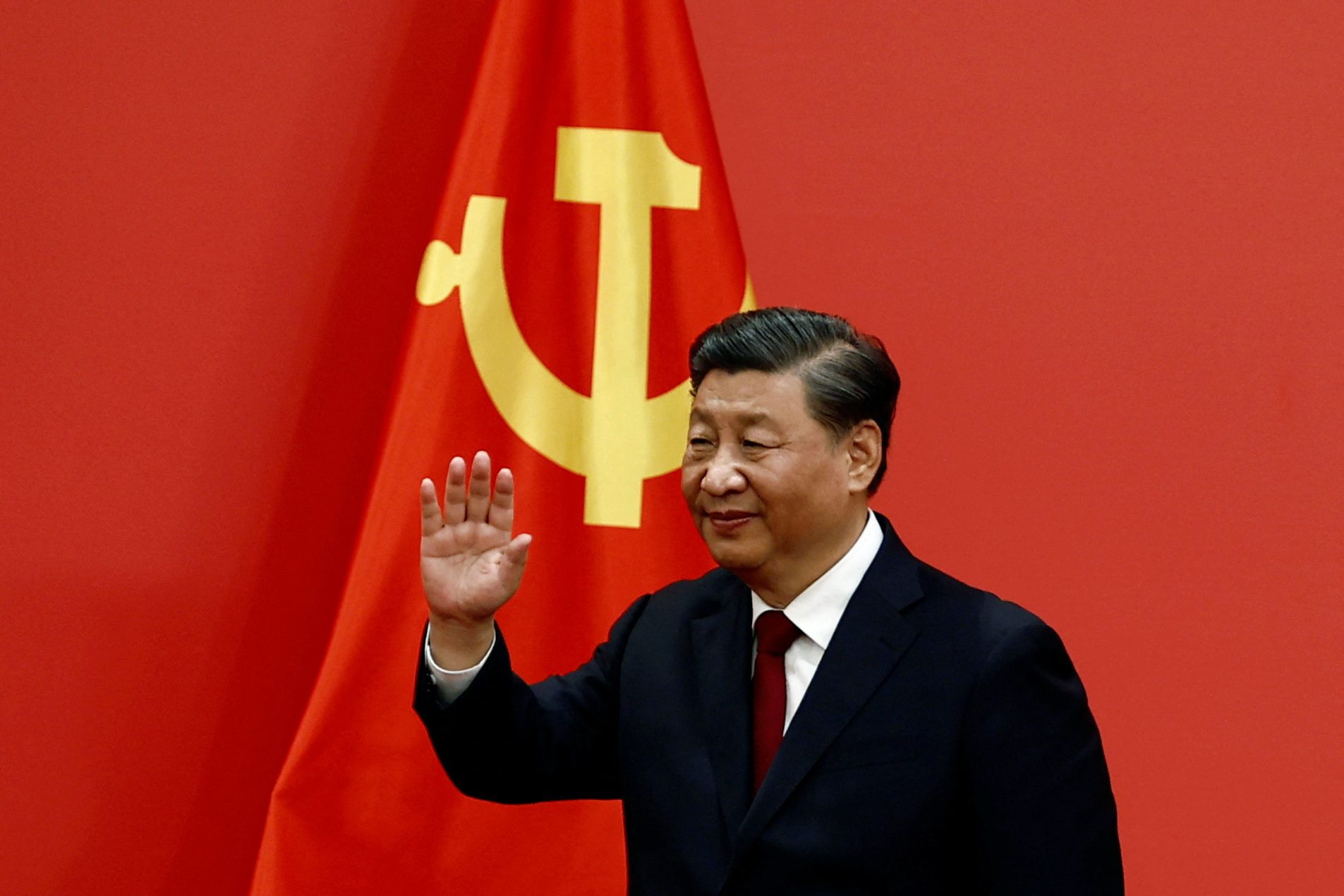Money
Why China’s economy is struggling to recover from Covid emergency

Money
New Zealand experiences unexpected economic growth surge
New Zealand economy sees 1.1% growth in third quarter, surpassing forecasts and signalling broad recovery after earlier contraction
Money
US economy grows 4.3% in Q3, exceeding forecasts
US economy grows 4.3% in Q3 2025, surpassing forecasts despite inflation and shutdown challenges
Money
Laurene Powell Jobs exits Monumental Sports ownership completely
Laurene Powell Jobs sells her stake in Monumental Sports & Entertainment to Arctos Partners and QIA for $7.2 billion
-



 Property4 days ago
Property4 days agoBlackstone acquires Hamilton Island for $1.2 billion
-



 Tech2 days ago
Tech2 days agoNvidia signs $20 billion deal with Groq for AI tech
-



 Tech5 days ago
Tech5 days agoGoogle Cloud and Palo Alto launch $10 billion AI deal
-



 Money4 days ago
Money4 days agoLaurene Powell Jobs exits Monumental Sports ownership completely
-



 Money4 days ago
Money4 days agoUS economy grows 4.3% in Q3, exceeding forecasts
-



 News5 days ago
News5 days agoChina deploys over 100 ICBMs near Mongolia border
-



 Money4 days ago
Money4 days agoNew Zealand experiences unexpected economic growth surge
-



 Tech5 days ago
Tech5 days agoCheap drones flip the economics of air defense







